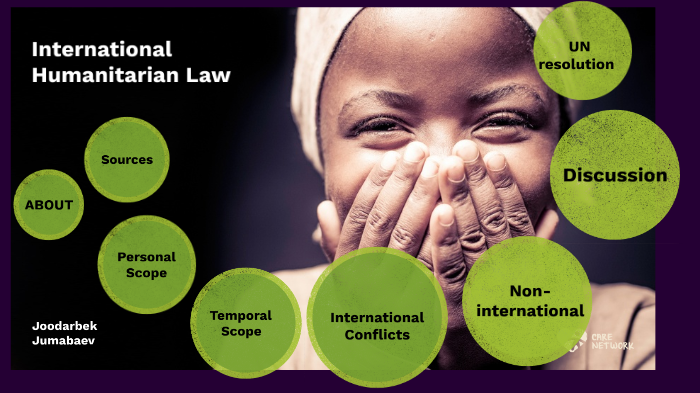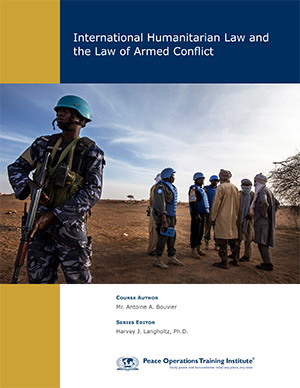

The risks of affecting fundamental human rights are heightened in fragile contexts, such as situations of armed conflict and post-conflict settings. At the same time, private companies may also have negative impacts on the environment and human health of local communities affecting their rights, including the human right to life. The Four Geneva Conventions of 1949 established protections for those not taking part in hostilities, such as civilians, aid workers, wounded soldiers, and prisoners of war. See Diakonia, Sources of International Humanitarian Law (2010), available as a link below.The activities of private companies may involve violations of fundamental rights of individuals and communities, including forced labour, slavery and inhuman or degrading treatment. The first Hague Conference in 1899 and the second Hague Conference in 1907 governed the legal framework and conduct of warfare. See Diakonia, Sources of International Humanitarian Law (2010), available as a link below. See Diakonia, Sources of International Humanitarian Law (2010), available as a link below. It protects persons who are not or are no longer participating in the hostilities and restricts the means and methods of warfare." See I nternational Committee of the Red Cross, What is International Humanitarian Law (July 2004), available as a PDF below.Įnforced during the American Civil War, the Lieber Code of 1863 is recognized as the first modern understanding of International Humanitarian Law.

Also known as the Law of War or the Law of Armed Conflict, International Humanitarian Law is generally defined as “a set of rules which seek, for humanitarian reasons, to limit the effects of armed conflict.


 0 kommentar(er)
0 kommentar(er)
